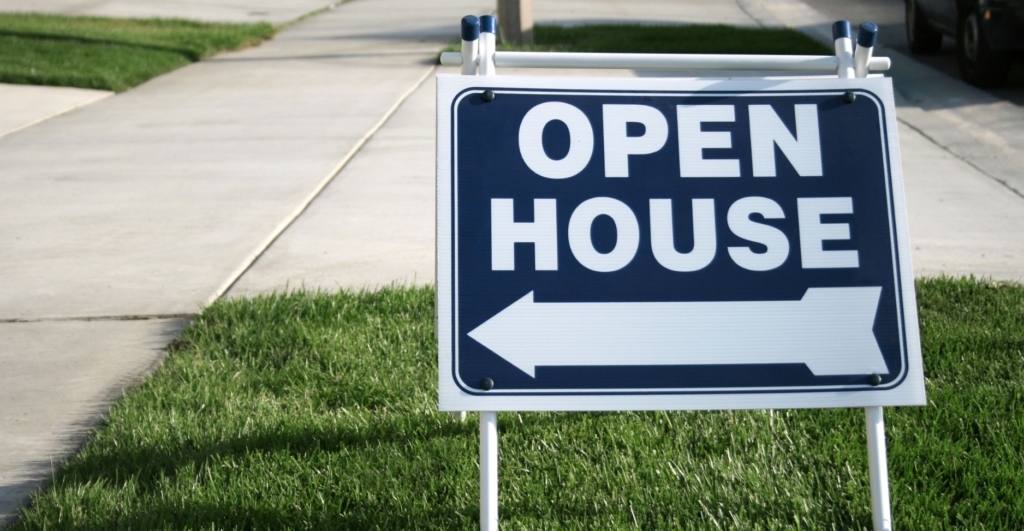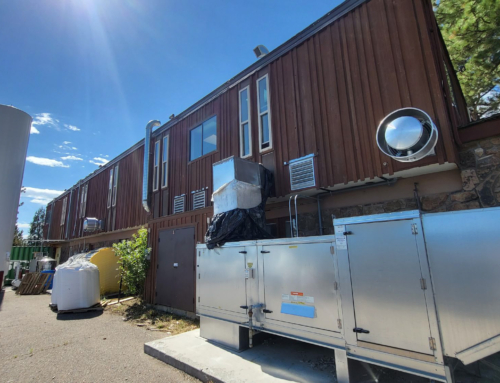The Hidden Truth Behind Open Houses: A Realtor’s Perspective
Why do Realtors Really Have Open Houses?
In the wild world of real estate, open houses have long been a traditional method of showcasing a property to potential buyers. However, the true purpose and effectiveness of open houses are often misunderstood. Contrary to popular belief, the primary goal of an open house is not to sell the property on display but rather to generate buyer leads for the realtor.

The Real Purpose of Open Houses: Generating Buyer Leads
The open house serves as a platform for realtors to meet and interact with potential buyers. It’s an opportunity to showcase their expertise, build relationships, and most importantly, gather leads. These leads are potential buyers who may be interested in other properties the realtor is handling.
While it’s true that a small percentage of homes may sell as a direct result of an open house, the majority do not. According to the National Association of Realtors, less than 2% of homes are sold as a direct result of an open house. This statistic underscores the fact that the primary purpose of an open house is not to sell the home on display, but to generate leads for future sales.
The Downside of Open Houses: Security Risks and Time Consumption
Despite the potential benefits, open houses come with their own set of drawbacks. The most significant of these is the security risk. With strangers freely roaming through the property, there’s always a risk of theft or damage. Personal belongings and valuable items are exposed, and there’s no guarantee that everyone who walks through the door has genuine buying intent.
Moreover, open houses are time-consuming. They require preparation, staging, and several hours of the realtor’s time, which could be better spent on more productive activities like one-on-one showings to serious, pre-qualified buyers.
Weighing the Pros and Cons
While open houses can be a useful tool for generating buyer leads, they are not without their drawbacks. The home on display is unlikely to sell as a result of the open house, and the event can pose security risks and consume valuable time. Therefore, both realtors and sellers should weigh the pros and cons before deciding to host an open house.
As the real estate industry continues to evolve, it’s essential to adapt and explore more efficient and secure ways of showcasing properties and generating leads. Virtual tours, private showings, and targeted marketing strategies may offer more value and less risk than the traditional open house.
Remember, the goal is not just to sell a property, but to do so in a way that is efficient, secure, and beneficial for all parties involved.

Orson Hill Realty is a real estate company in Evergreen, Colorado that serves the Denver Foothills and the Denver Metro. Orson Hill Realty can assist in any size real estate transaction from small land listings to luxury listing agents and buyer brokers.
Orson Hill Realty has experienced listings agents and buyer agents. Our Realtors know how use high tech digital marketing mixed with old school marketing to sell your home faster and for more money.
This technology also helps buyers find their home faster. That way a buyer never misses the perfect home again. Any real estate agent in this day and age that doesn’t leverage technology is not doing their clients any favors. All Orson Hill Realty real estate agents are Realtors.
Orson Hill Realty is a full-service Colorado-based real estate company that offers professional real estate agents and brokers to assist you in your buying or selling process. Our agents are well-versed in the local community and have a strong online presence, making them highly effective in their field. For buyers, we offer online listing alerts and a user-friendly portal to facilitate an efficient home search, with access to homes not yet on the market, and for sellers, we advertise on a wide range of listing websites to ensure high visibility for your listing.
As realtors, we are dedicated to upholding a higher level of ethics and experience in our business, and we are deeply invested in the community, with active participation in various local events and activities. Our real estate agents possess a wealth of knowledge on the local area and know how to negotiate the best prices for your needs. We offer excellent services for luxury homes and horse properties, although we handle any size real estate transaction with utmost professionalism.
Our company places a strong emphasis on technology, recognizing the importance of an online presence to meet the demands of our fast-paced industry. With multiple high traffic websites and digital marketing strategies, we ensure that your property is marketed throughout the internet to reach a wider audience. We are dedicated to providing luxury services to all our clients, regardless of the price point.
Orson Hill Realty
Ask me about Southwest Florida real estate









The truth is that an open house has way more benefit to the realtor and way less benefit for the seller. From safety to the fact it most likely won’t even sell